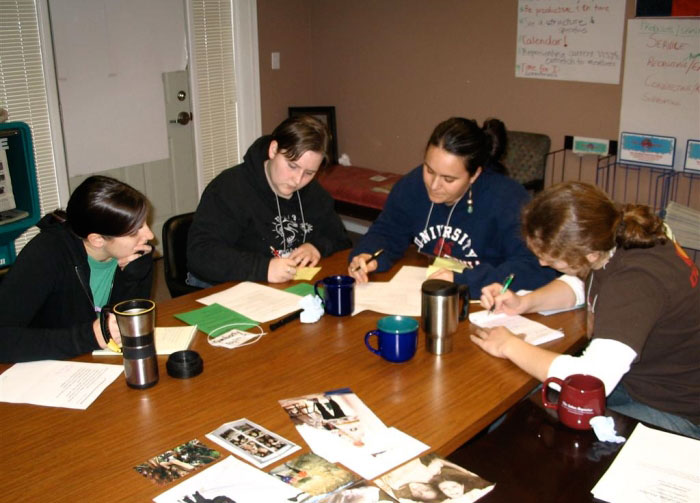The expansion of life-long learning along with ever-shifting workplace demands has brought into our schools and classrooms a growing number of adult learners.
Their learning needs, learner identity and learner characteristics differ significantly from those of young or teenage learners, yet oftentimes there is little reflection on how we are specifically going to teach adults.
Some theory:
Back in 1968 Malcolm Knowles introduced the term Andragogy to the American audience publishing a provocative article entitled ‘Andragogy, Not Pedagogy’.
Sylvia Karastathi, Senior Lecturer, MA Management of Language Learning, New York College
With Andragogy he proposed a set of principles and assumptions to guide adult learning practice, differentiating it from Pedagogy. He identified some characteristics that are often – but not always – found in adult learners:
Adults have a mature self-concept, which has moved from a dependent personality to a self-directing human being.
Adults have accumulated a growing reservoir of experience, which is a rich resource for learning.
Their readiness to learn is closely associated with how they want to develop in social and professional roles.
Adults have a different time perspective – they do not care so much for future application of knowledge but rather they want to see immediate applications. Thus, they are more task or problem-centered than subject-centered in learning.
Adults need to know why they need to learn something.
